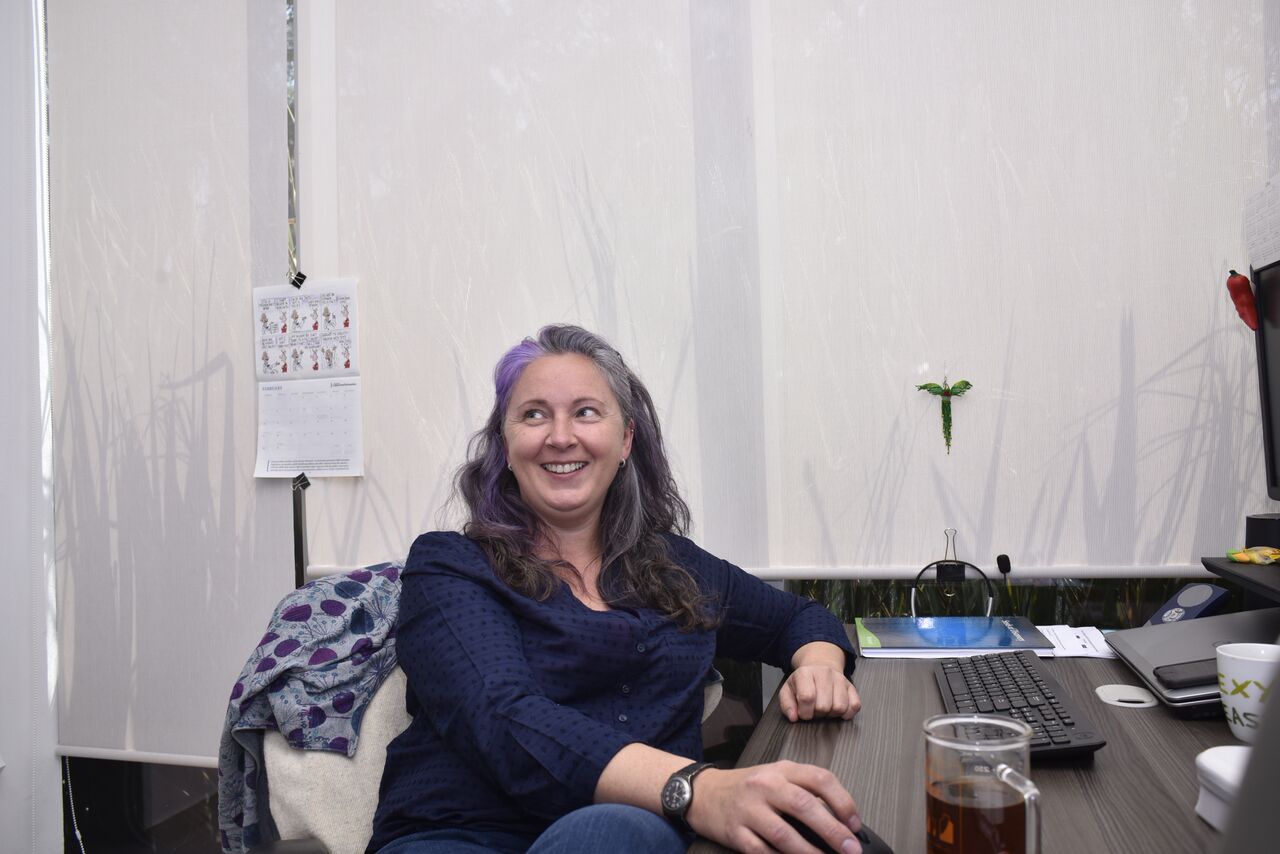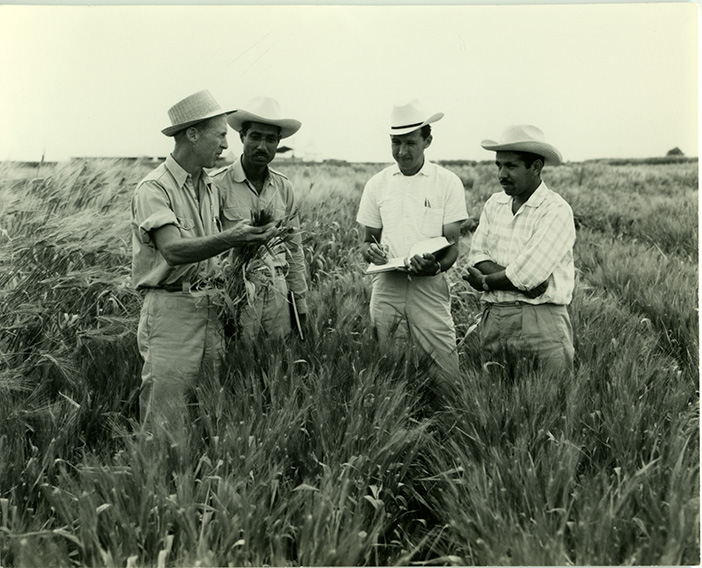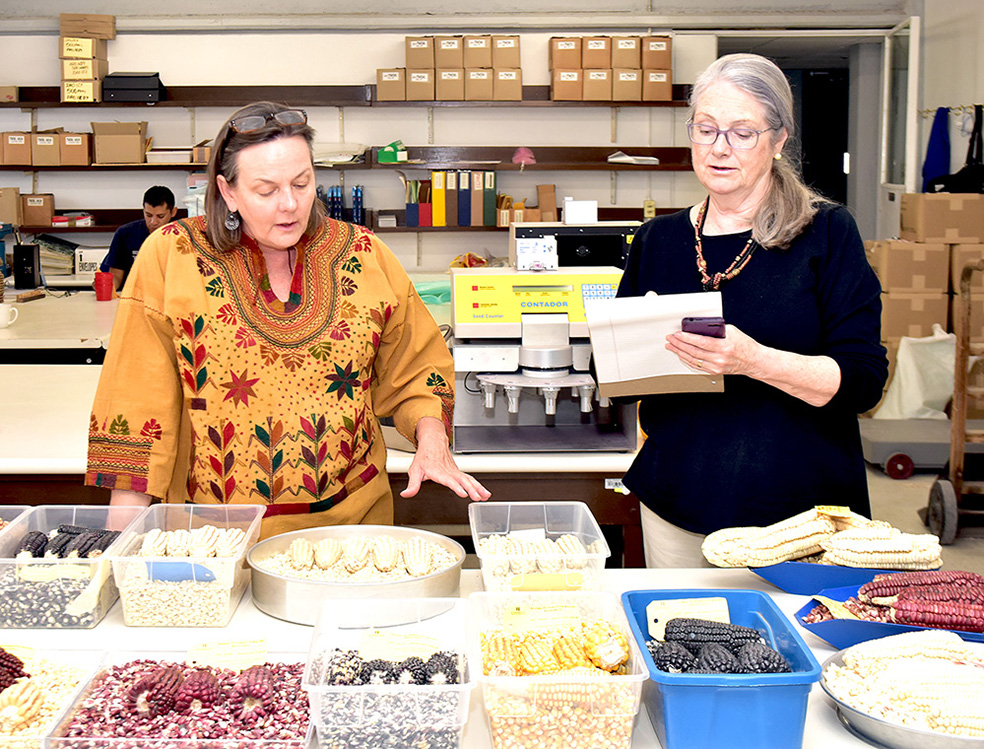Genetic resources
Scientists aim to adapt wheat to a warmer climate with less water
 Climate adaptation and mitigation
Climate adaptation and mitigation
Scientists battling to increase wheat production by more than 60 percent over the next 35 years to meet projected demand are optimistic that they have begun to unravel some genetic mysteries.
Scientists unearth genetic treasures from Mexico’s Creole wheats
 Nutrition, health and food security
Nutrition, health and food security
Findings can help to boost wheat’s climate resilience worldwide
At 50-year mark, CIMMYT scientists strive for gender equity
 Gender equality, youth and social inclusion
Gender equality, youth and social inclusion
Efforts to meet agricultural needs of women farmers to bolster global food security took shape in CIMMYT’s early days.
Q+A: How women and girls can succeed in science, according to CIMMYT’s Sarah Hearne
 Gender equality, youth and social inclusion
Gender equality, youth and social inclusion
Gender balance is science is imperative to obtain the best results said CIMMYT scientist Sarah Hearne on the International Day of Women and Girls in Science 2016.
Researchers race to rescue wheat sample in war-torn Syria
 Nutrition, health and food security
Nutrition, health and food security
With Syria torn apart by civil war, a team of scientists in Mexico and Morocco are rushing to save a vital sample of wheat’s ancient and massive genetic diversity, sealed in seed collections of an international research center formerly based in Aleppo but forced to leave during 2012-13.
Learning partnerships turn research into results for Mexican agriculture
 Capacity development
Capacity development
The Seeds of Discovery (SeeD) project seeks to empower the next generation of Mexican scientists to use maize and wheat biodiversity to effectively meet the needs of Mexican agriculture in the future.
Learning partnerships turn research into results for Mexican agriculture
The Seeds of Discovery (SeeD) project seeks to empower the next generation of Mexican scientists to use maize and wheat biodiversity to effectively meet the needs of Mexican agriculture in the future.
Mobilizing gene bank biodiversity in the fight against climate change
 Climate adaptation and mitigation
Climate adaptation and mitigation
CIMMYT’s germplasm bank holds untapped genetic information that could lead to climate resilient wheat varieties, according to a new study.
From east Asia to south Asia, via Mexico: how one gene changed the course of history
 Nutrition, health and food security
Nutrition, health and food security
The story of how Japanese wheat variety Norin 10 saved millions from starvation and revolutionized the world of wheat.
Food historian Rachel Laudan visits CIMMYT
 Nutrition, health and food security
Nutrition, health and food security
Food historian Rachel Laudan, who is currently conducting maize research, visits CIMMYT to interact with maize scientists to better understand maize in Mexico.
CIMMYT empowers a new generation of maize breeders in Zambia
 Capacity development
Capacity development
CIMMYT conducted a training course in Zambia for maize breeders teaching modern maize breeding methods.


